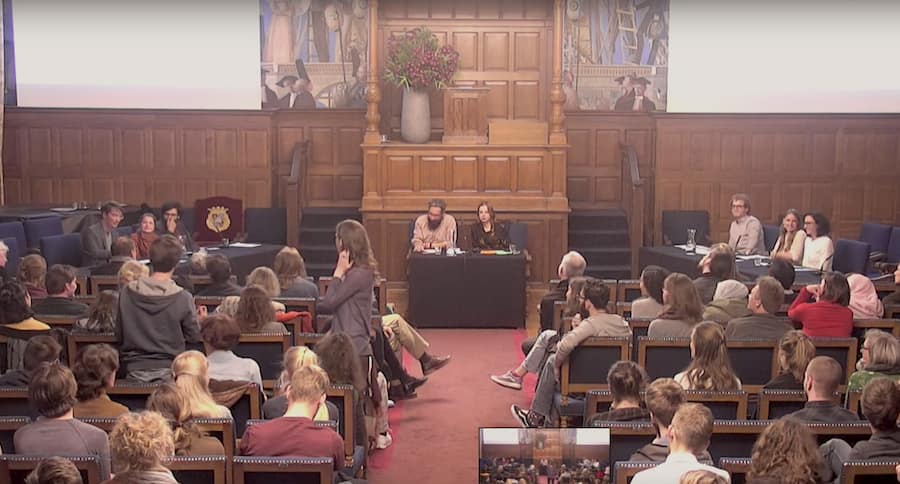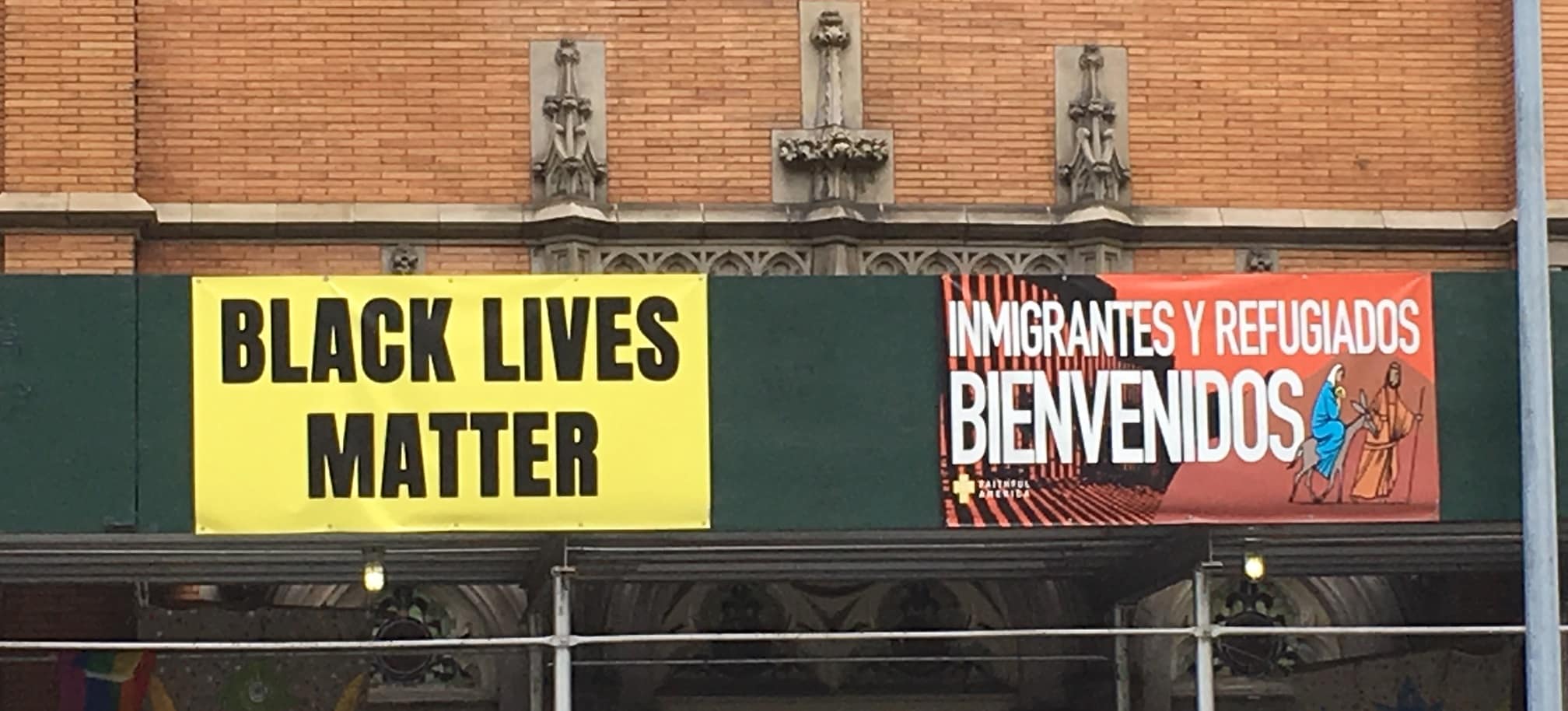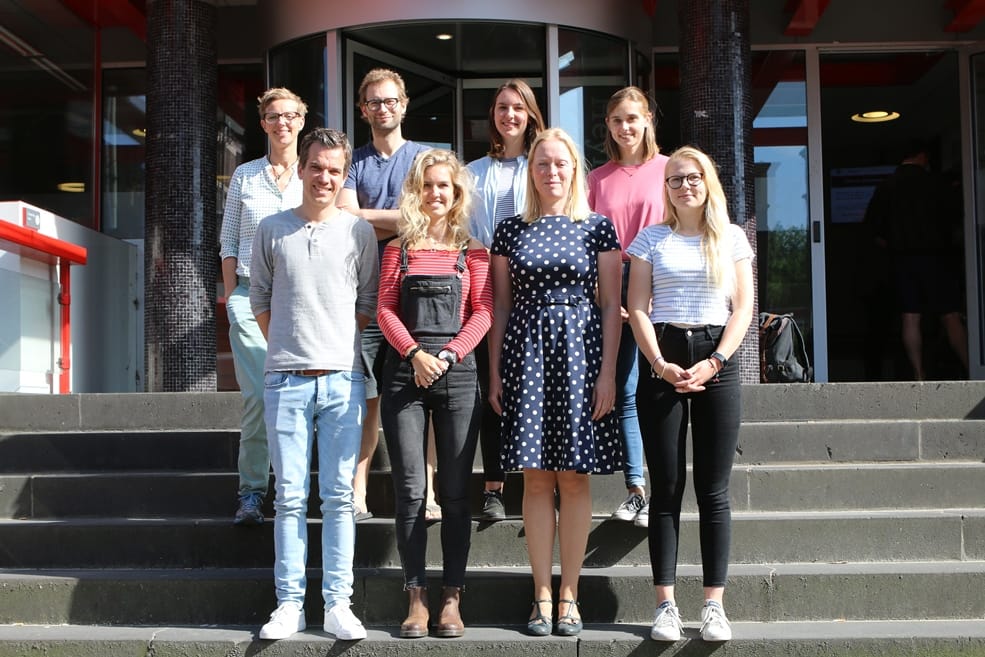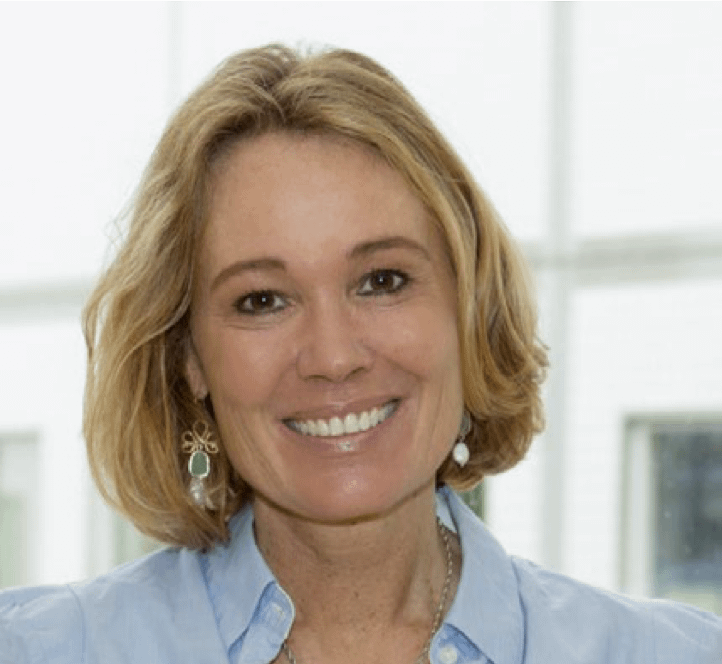Microdosing has become a rather popular trend. However, it is not yet backed up by conclusive research. Using the example of microdosing, this blogpost shows how presumably sound scientific research can be utilized in online forums to support virtually anything. Thus, while scientists cannot draw conclusions yet, the public does.
This blog was not supposed to be an analysis of contemporary research methodology. Nevertheless, it became one when I discovered how much information we lose in psychology because of one simple question.
People diagnosed with mental illnesses, such as psychotic disorders, have to face public stigma most of the time. They suffer under the consequences and are afraid to tell people. Therefore, interventions to reduce stigmatization are important and should be applied by today’s society.
The technology behind self-driving cars is quickly evolving. As the transition from manually driven cars to autonomous cars is approaching, we need to assess certain ethical implications. Which abilities or traits do we want to give the AI behind the wheel of these vehicles?
In this blogpost differences between explicit and implicit sexual consent are discussed, taking a look at processes that lie behind consent communication between heterosexual men and women and difficulties that come along with them.
Many of us no longer perceive science as extraordinary. Institutionalized, commodified, within a couple of clicks distance, one could argue that science is just another industry. Thrilling through its failures more often than through its successes, science is revealed as an enterprise prone to bias and fraud, often governed by personal interests and embedded in […]
“It is possible to commit no mistakes, and still lose. That is not a weakness. That is life,” said then-Captain Jean-Luc Picard. This was thirty years ago. (The episode aired on 10 July 1989.) But it’s worth remembering. It’s also timely: Picard returns to screens this Autumn, albeit as a retired Admiral. And because I […]
Why might men feel threatened by the attempts of the #metoo movement to fight gender inequality? While disadvantaged groups often strive for social change through collective protest, we know very little about how protest is received by those who have the most to lose as well as the power to actually make social change happen: advantaged groups.
This is one of two blogs addressing the question how to engage students. Based on students’ feedback, the Education Committee has collected good examples of teaching that could serve as an inspiration for teachers. This part is going to be focused on methods that can be implemented in large classes.
Iris Sommer is the Director of Neuroscience and Brain at UMCG. With a degree in medicine from Amsterdam and Public health from Maastricht, Professor Sommer went on to pursue her PhD at University of Utrecht in brain imaging in schizophrenia in 2004. She worked at Utrecht until 2017 and then at UMC Groningen. Professor Sommer was […]










